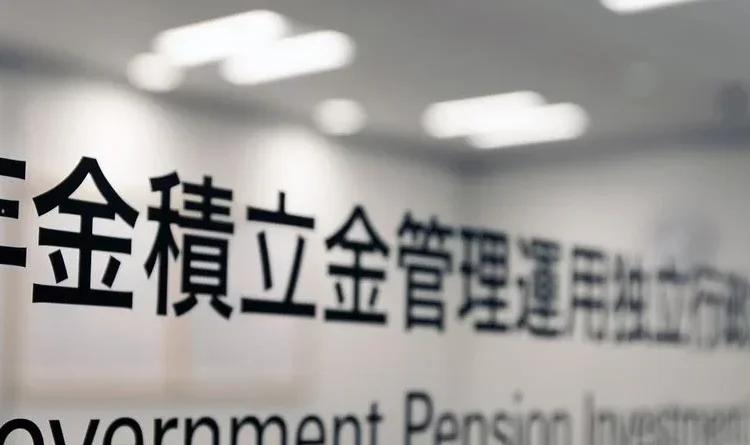Japan’s Government Pension Investment Fund, one of the world’s largest institutional investors, said on Friday that its profit in the first quarter ended in June hit a record high of 18.98 trillion yen ($133 billion), buoyed by sound performance in stock investment.
This is the fund’s highest-ever surplus for a quarter, surpassing the 12.48 trillion yen recorded in the April-June quarter of 2020. The return ratio was 9.49%. Gains by asset were 7.08 trillion yen on domestic stocks, 7.81 trillion yen on foreign stocks, 3.89 trillion yen on foreign bonds, and 176 billion yen on domestic bonds.
Assets under management under the pension fund reached a record high of 219.17 trillion yen at the end of June.
The surplus was led by rises of both domestic and foreign stocks. The Nikkei Stock Average rose by more than 5,000 points in the three months ending in June, and experienced a post-bubble high in the same period.
The depreciation of the yen against the dollar also pushed up the fund’s profit.
As the yen becomes cheaper against the dollar, the value of assets denominated in foreign currencies increases in terms of yen. Around half of investments by GPIF are allocated to stocks and bonds denominated in foreign currencies, which, as a result of the cheaper yen, boosted its overall asset valuation by around 4.5%.
The management of GPIF aims to secure stable income by combining assets with different price movements. The GPIF portfolio is set at 25% each in domestic and foreign stocks and bonds.
The ratio of the holding assets changes daily, due to market fluctuations, and GPIF reallocates its assets by selling assets whose ratio went up, and buying assets whose ratio has gone down. The expected effect is to lock in the gains of the assets that have risen in value, and buy assets that have fallen at a discount price.
As global interests rates are on the rise and bond prices fall, GPIF is being pressured to sell stocks with relatively small declines. This could spur a further decline in domestic stock prices.
Source: Asia Nikkei

